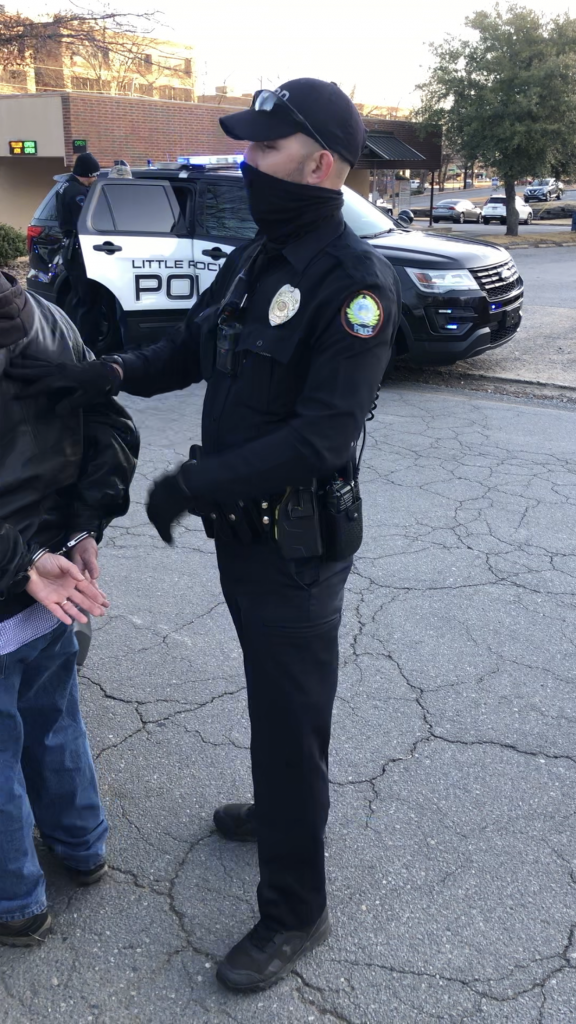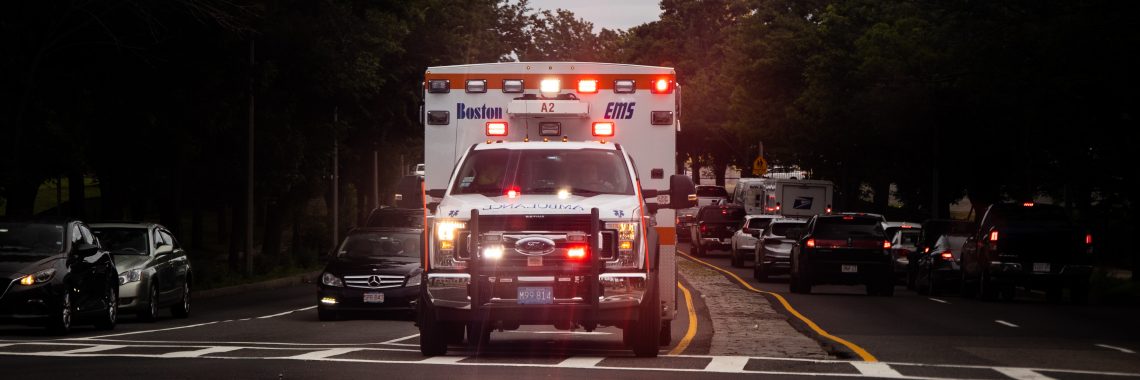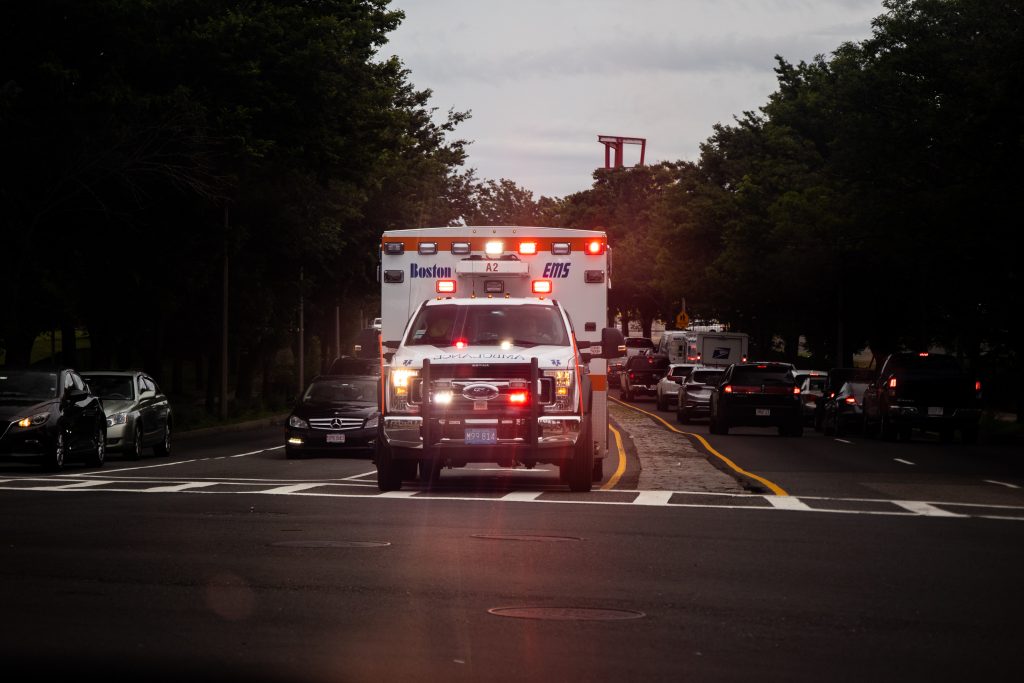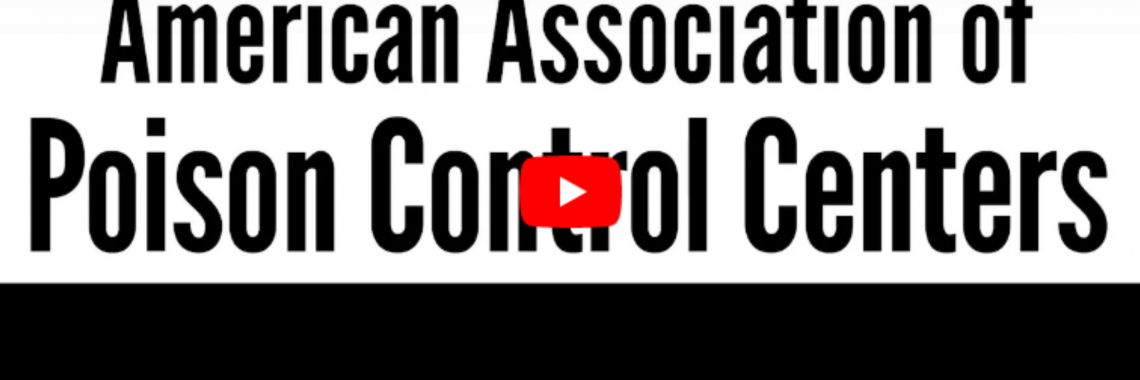Throwback: Pro-Life Activists Arrested at Surgical Abortion Facility in Little Rock (January 15, 2021)

A version of the following article originally appeared in Family Council’s February, 2021, update letter.
A little before 8:00 AM on Friday, January 15, 2021, Little Rock police arrested seven pro-life activists for criminal trespassing at Little Rock Family Planning Services — Arkansas’ only surgical abortion facility.
Videos streamed and posted on YouTube and Facebook show seven people blocking the entrance to Little Rock Family Planning. At least six police cruisers and numerous officers responded to the situation and arrested the pro-lifers while an estimated 30 pro-life advocates prayed and protested from the sidewalks outside the facility.
Those arrested appeared to be part of a pro-life group that came to Little Rock from out of state to protest abortion and block the abortion facility.
Police promptly released all seven people once they were removed from Little Rock Family Planning Services’ property. At this time, we do not know of any charges pending against them. According to information anti-abortion groups circulated on Facebook, among those arrested were a teenage girl and an elderly woman who survived a communist gulag. Obviously, we do not blame the police for doing their job in enforcing Little Rock’s laws against trespassing.
Although it isn’t very common, this is not the first time that pro-lifers have been arrested for blocking an abortion facility entrance in Little Rock. On July 8, 1994, Little Rock police arrested 29 people from Operation Rescue. The individuals had traveled to Little Rock, where they blocked the entrance to an abortion facility that Dr. Mose Smith operated down the street from War Memorial Stadium; that facility has long since shut down.
As we said in July of 1994, Family Council agrees with stopping abortion through any legal means. We’ve never utilized the more aggressive tactics that some groups use. The folks from out of state who came to Little Rock last year and Family Council both have a mutual goal of ending abortion. That’s what matters to us.




